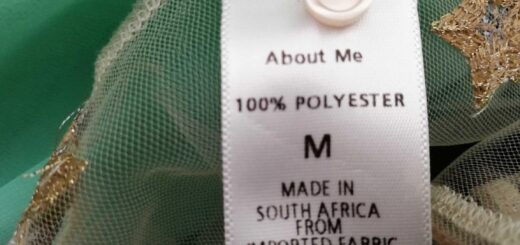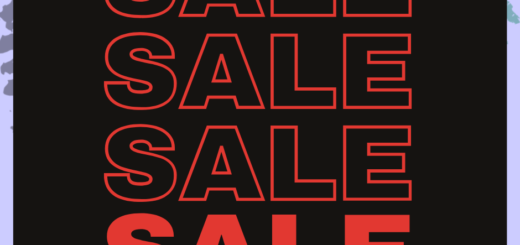A Future from Pearls: Meet the Young South African Who Started Her Own Pearl Jewellery Business
Ineke Stoffberg, the owner of Klassik, a pearl jewellery and accessory brand in South Africa, talks to In Mzansi about how Klassik started, shares her plans for the future and encourages young people who are starting their own businesses.
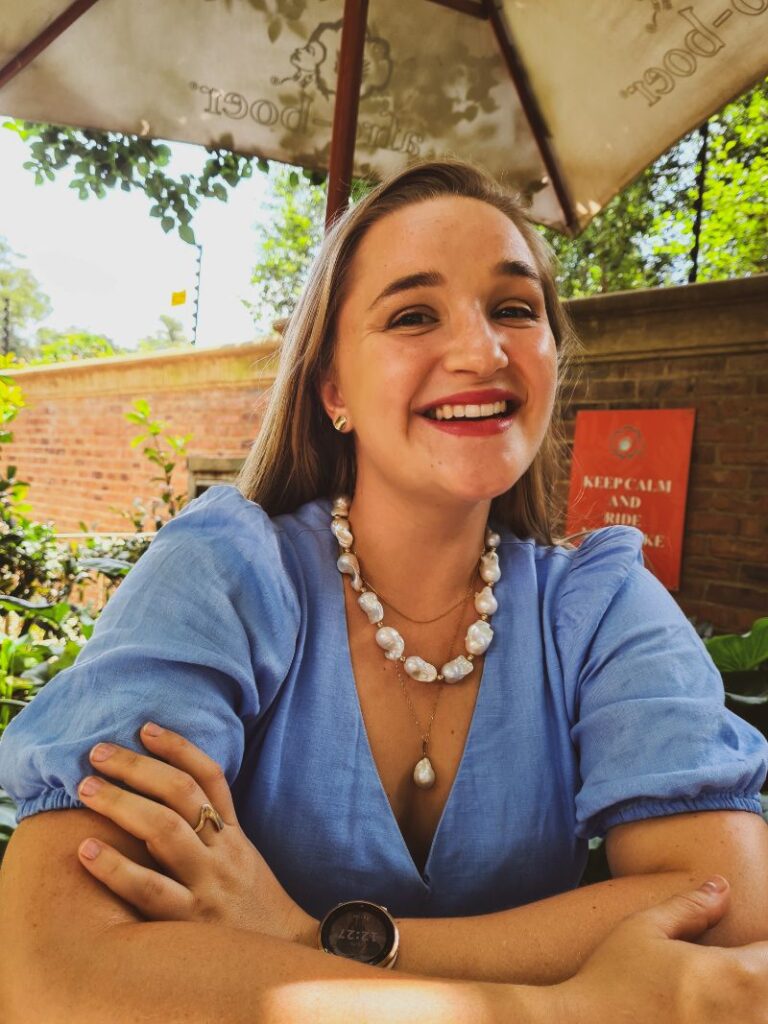
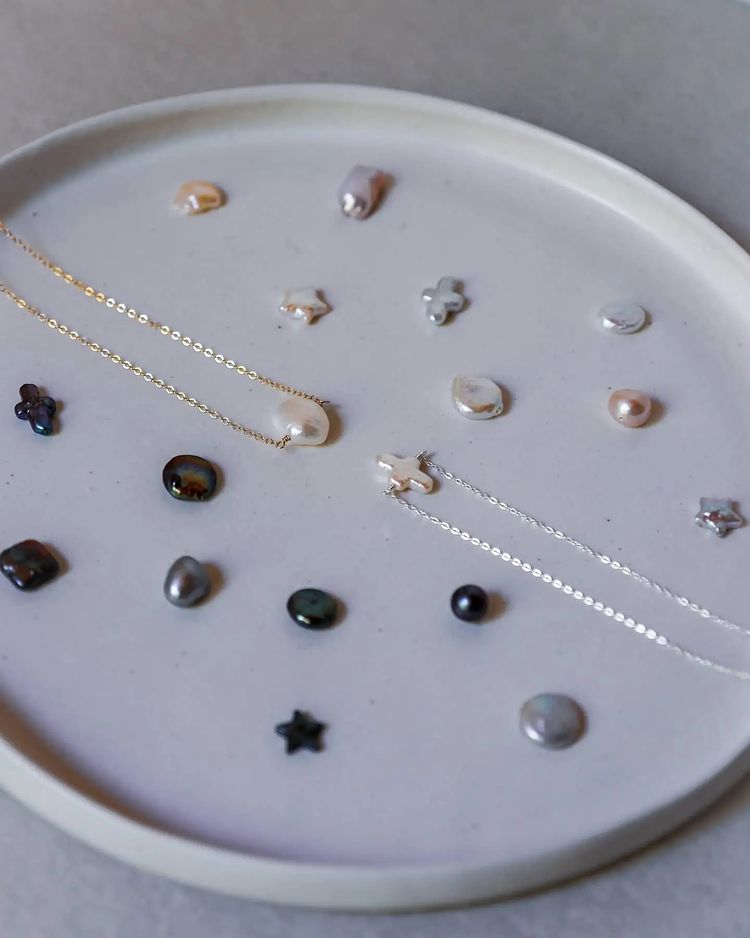
At the end of a busy week at university, Ineke Stoffberg joins me on a Zoom call from her student flat in Wageningen, the Netherlands. Ineke is bright and bubbly, even over a Zoom call that fizzes and fuzzes from time to time. Klassik’s Instagram aesthetic may be feminine and floral, with pearl jewellery draped off the edges of ceramic crockery and braceleted hands on champagne flutes, but twenty-four-year-old Ineke herself is a bit more down-to-earth. “Sorry, my laundry is going in the background,” she says laughingly. “It suddenly woke up and it’s right in my room of the flat so it’s really loud.”
Klassik was founded in 2020. Just before the coronavirus lockdown, Ineke began stringing pearls. The skill of stringing pearl jewellery, she learned from Udemy after she graduated from the University of Stellenbosch with a bachelor’s degree in food science. “It’s a little bit removed from the pearls,” she laughs cheerily.
So how did a food science graduate turn to pearls, gold vermeil, pliers and other stringing paraphernalia? As a little girl, Ineke’s great-aunt, Riena de Beer, who Ineke affectionately calls Ouma Riens, seized her imagination when she strung pearls. Ouma Riens made sure the women of the family always had a piece of pearl jewellery to wear for special occasions. When she died, she left her pearl collection to Ineke’s mother who opened it up to Ineke when she began making her own creations.
Thanks to the part-time nature of her job in the food industry in 2020, Ineke had time to continue her pearl stringing. Then the lockdown began in March 2020. “That’s when I really got the opportunity to sit down and struggle — because the only way to learn to do something is to struggle through it.”
At first, Ineke never intended to start a business. But she had a dream to study food science in the Netherlands, and she decided to use the business to fund this venture. “I knew I wanted to have some sort of financial freedom to decide how to spend my time here.”
Running her own small business is a huge source of pride for Ineke as it’s opened up new opportunities for her. “Like why would anyone want to do an interview with me?” she laughs. “But I guess it’s really nice to know that you’ve done something that other people recognise, something that you’re proud of and that you want to talk about.”
Ineke also credits her business with teaching her important skills that will be useful to her even if she doesn’t always run a business. Klassik, she says, boosted her self-confidence and made her feel more “capable”.
Her experience with Klassik means she has lots of advice to share with other young entrepreneurs. She suggests that business owners look to their own social networks to help build their businesses. (Her boyfriend, Marco Oosthuizen, took her product images, and she and her friends were models).
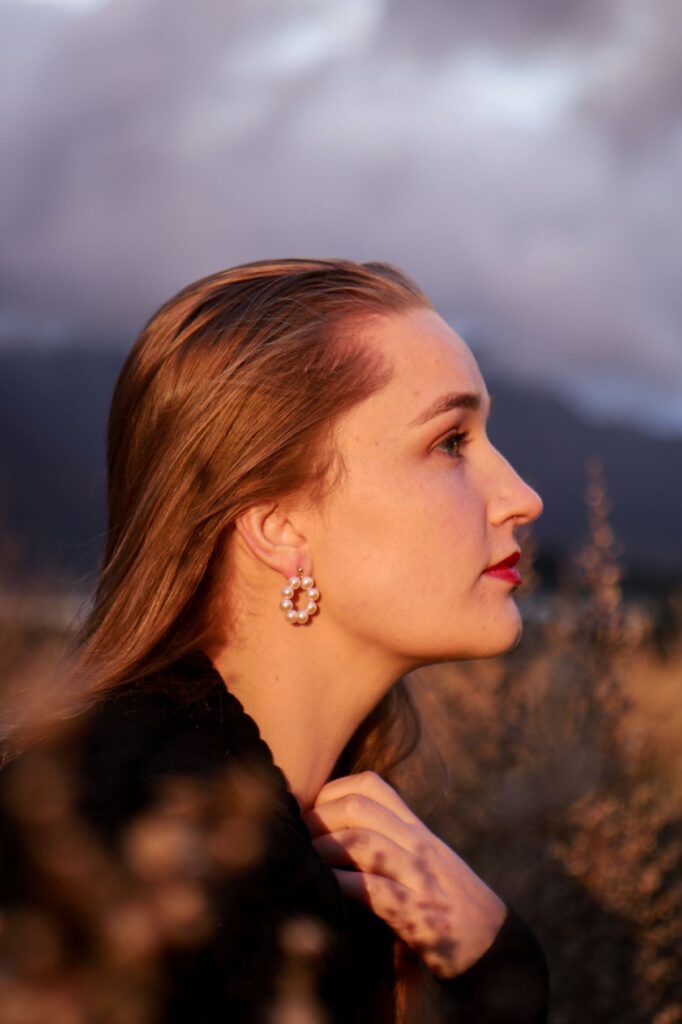
“It’s easy to get very discouraged,” Ineke says seriously, “and have people try and impose their ideas of what something should be on you. But I think the majority of the people see that you’re taking initiative and trying to do something, and they love it, and they just want to help you.”
Ineke also emphasises the importance of building customer relationships, even if clients are disgruntled. “Pick up the phone and phone them,” she advises. “Your heart may be pounding in your chest and you may worry, ‘Er, are they going to scream at me?’ But they won’t — because as soon as you’re kind to them, they immediately turn around and become kind, too. Don’t let the difficult people put you off because they really teach you very valuable skills.”
Klassik closed temporarily earlier this year. In the nearly two years it was open for business, Ineke designed parures of earrings, bracelets, necklaces, rings, sunglasses chains and hair accessories from freshwater pearls. Each set of pearl jewellery shared the same aesthetic and was named after a city or region. The Andalusia set, one of the most popular, is a flower of five petals formed from five individual pearls. The Paris is a classic string of equally-sized pearls, the kind best associated with Jackie O, Queen Elizabeth and Coco Chanel. Then there are the Cyprus rings, the Shanghai earrings, the Tallin hoops and so many other exquisite creations.
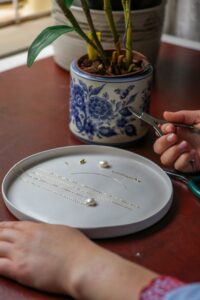
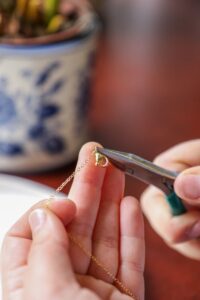
Customers loved the brand. “I received my necklace a few days ago and I absolutely love it, it’s everything I wanted,” reads one of the testimonials. Women wore the pearl jewellery on their wedding days, while others posted photos of them out to coffee with the pieces on. “If you see me out (for the rest of forever), I will be wearing these,” wrote one customer on her Instagram stories, alongside a picture of her Klassik delivery.
So why did Ineke decide to close the shop, albeit temporarily, and relocate to the Netherlands? “I feel a very big responsibility towards doing something that I’ve spent a lot of time, effort and money (that is, my degree). Also, it’s a really, really fun challenge working with food regulation.” She rambles a bit about quality control versus product development and how she wanted to explore different aspects of food science not available to her in South Africa.
Ultimately, though, both pearl stringing and food science have their place in Ineke’s heart. “There’s the combination of having a creative outlet and being able to do something like make jewellery, or just scroll through Pinterest, look at pearls and not feel like you’re wasting time because it’s market research. That is a really nice thing to have, in addition to something that feels a little bit more intellectually challenging like food science. Of course, you do need to use your brain when you have your own business and you do have to think but it is a different kind of stimulation in the food science professional environment.”’
Klassik helped to fund Ineke’s master’s degree in the Netherlands. While her future is pointed in Europe’s direction for the next few years, she hopes to use her holidays back in South Africa to scale up Klassik, and train and employ women in the country. “I feel like there’s a responsibility for businesses in South Africa — and a lot of people are doing it — to teach people more skills and not just give them money.”
“I think a lot of people are scared to fail,” Ineke says reflectively. “But if you’re in a society and in an environment that allows you to fail gracefully, then there’s nothing to be scared of.” Ineke takes a moment to think about what can be done at a macro level to create this kind of environment. ”I think bigger corporations and industries can contribute. For instance, within the food industry, I think there’s a lot of opportunity to take people who are making products from their houses and allow them factory space so they can have higher production rates and things like that. There’s definitely space for charity within that.”

“And I think that people should offer their expertise in a way that they are able to help someone get to the next level. It doesn’t all need to be financial,” Ineke says. ”We tend to look at the world and think that money is our biggest problem and our biggest solution but that’s not the case. I think there’s so much that you can offer someone just by sharing what you know.”
Ineke is still getting to know the Dutch market, trying to see if there’s a home for Klassik, in addition to herself, in the Netherlands. But Ineke notes that something special about South Africa is the emphasis on small businesses and the support given to them. Small businesses are essential to South Africa’s economy. According to the International Finance Corporation, micro, small and medium enterprises (MSMEs) make up 90% of all formal business in the country. MSMEs employ 50-60% of the country’s workforce and contribute 34% of South Africa’s GDP.
“Here in the Netherlands,” Ineke explains, “there’s not that subculture of really trying to feed into a local person doing something (something that was very gratifying for me in South Africa).” She continues, “I tried to do that with other people: if I wanted a dress for a wedding, I would order it from a small business, taking what I’d gotten in from Klassik and spending that on another small business. That’s something I really felt in South Africa — camaraderie.”
During lockdown, in particular, consumers were urged to support small businesses struggling in the difficult macro-economic environment. New small businesses emerged as people found time to turn hobbies into careers or retrenched workers sought new income streams. Social media accounts were created to support these businesses.
Ineke is only too supportive of these budding new ventures. “You need to take some risks in life and if you are betting on yourself, I think that’s the safest horse you can bet on.”
